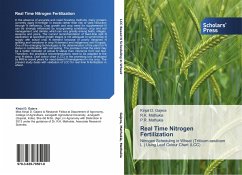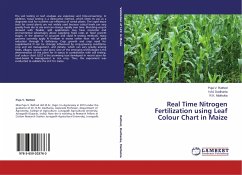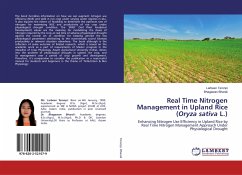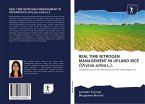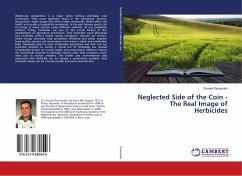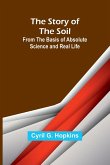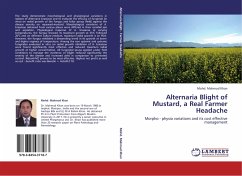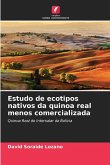In the absence of accurate and rapid N testing methods, many growers currently apply N fertilizer in excess rather than risk of yield reduction through N deficiency. Crop growth and crop need for supplemental N can be strongly influenced by crop-growing conditions, crop and soil management, and climate, which can vary greatly among fields, villages, seasons and years. The current recommendation of fixed-time split N application at specified growth stages is not adequate to synchronize N supply with actual crop N demand because of poorly designed N splitting and variations in crop N demand and indigenous soil N supply. One of the emerging technologies is the determination of the plant for N status in combination with soil testing. The premise is that the plant may be a better indicator of actual N status than inference from soil test. Therefore, the predictive recommendations need to be adapted to the crop N status. Leaf colour chart (LCC) is the promising tool developed by IRRI in recent years for need-based N management in rice crop. The present study deals with validation of LCC for real time N fertilization in wheat.
Bitte wählen Sie Ihr Anliegen aus.
Rechnungen
Retourenschein anfordern
Bestellstatus
Storno

